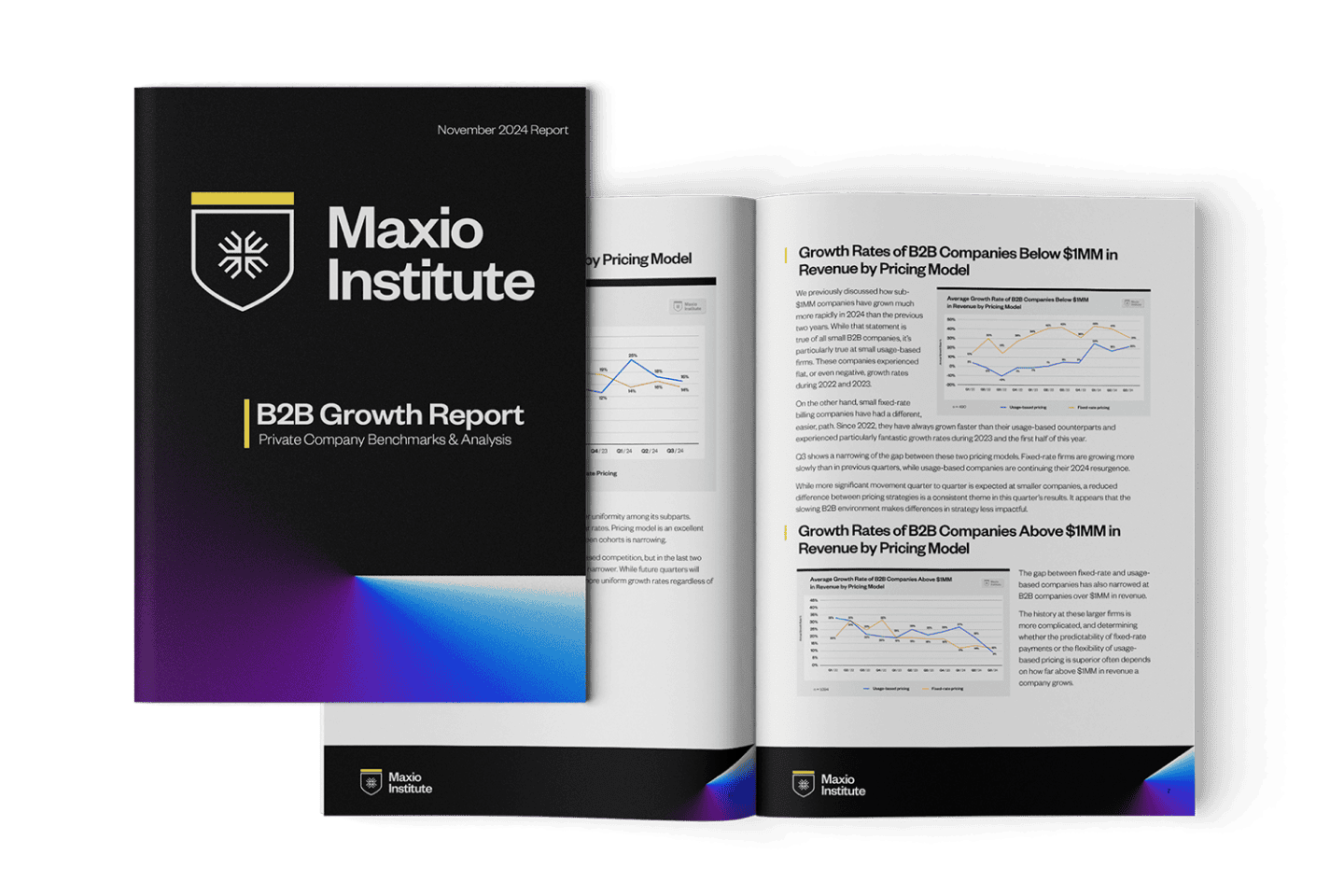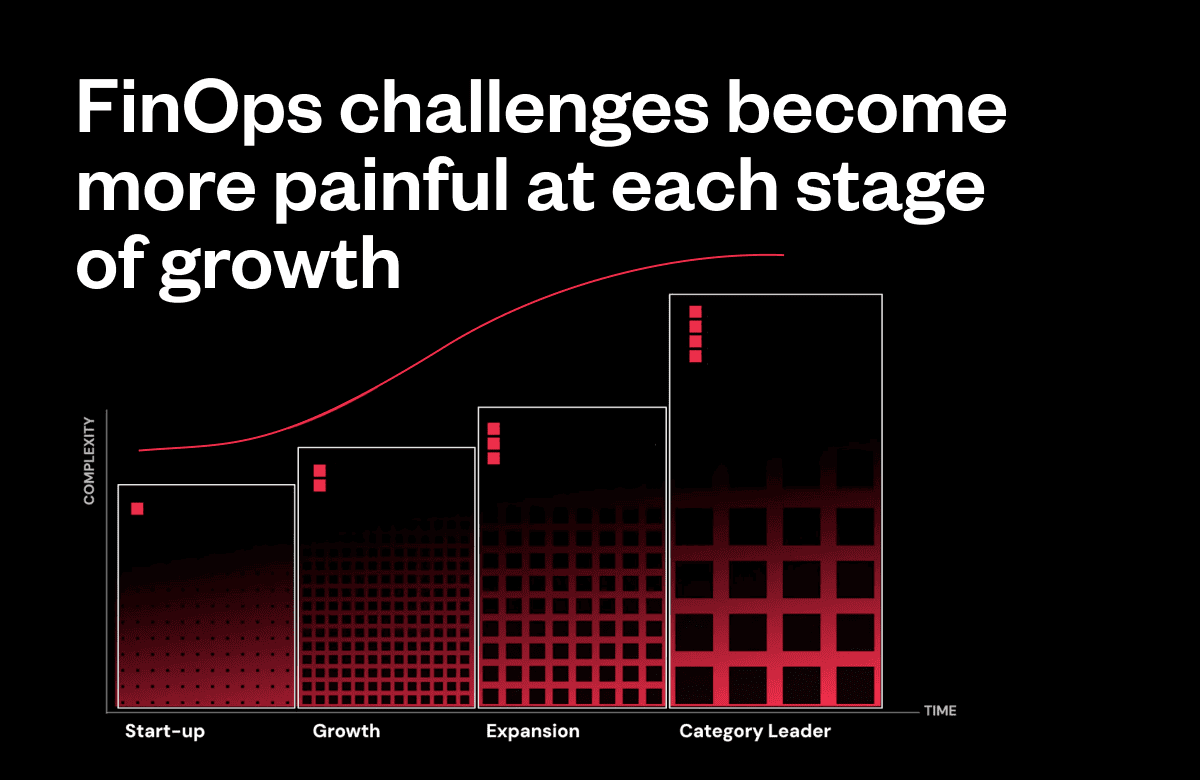Sometimes in life, making ends meet is the only option. We’ve all faced situations where doing the thing that is “good enough for now” is the only option. Managing the financial operations of your SaaS business shouldn’t be one of those times.
In their early days, most recurring revenue businesses manage financial operations with spreadsheets. Instead of robust finance systems that are expensive, they create homegrown SaaS financial operations by cobbling spreadsheets together with traditional accounting software. And while that may be good enough when a business is in its infancy, it will create a great deal of chaos, overhead and problems down the road.
Financial Operations that Scale
If you are managing your SaaS finances with spreadsheets, it’s not too late, but it’s important to put a plan in place for reliable financial operations that will serve your business now and in the years to come.
Here’s why.
1. It’s easier to run your business with accurate metrics and sound financial operations.
If you’re using spreadsheets to track revenue, you’ll quickly reach a point where things begin to break down. SaaS businesses aren’t static, and the volatility that comes with customer upgrades, downgrades and cancellations is impossible to track using a spreadsheet. They can be valuable for ad hoc financial analysis and financial modeling, but spreadsheets are poor at managing data, which is the key focus of financial operations as a business grows. Before you know it, you’re making critical business decisions based on disconnected, static spreadsheets. An error in one calculation can have a devastating domino effect.
It’s important to put a system in place that will allow you to make decisions driven by insight from accurate data. You can’t do this by stitching together spreadsheets with a bunch of disparate tools. Growth requires real-time insight into the financial health of your business.
2. Sound financial operations make your business more valuable to investors.
Without the right financial operations and system in place, you’re stuck making important business decisions based on anecdotal or inaccurate information, and as a result, your business will appear to be a risky investment. Ultimately, this will lower your valuation and make it extremely challenging to raise capital effectively. If an investor or potential acquirer asks to see your revenues going back two years or even one year, you should be able to quickly and easily deliver.
3. GAAP financials alone aren’t enough.
To run and grow a recurring revenue business, you must have solid GAAP financials and accurate metrics. This is another area where spreadsheets fall short.
GAAP financials tell you where the business stands today but reveal very little about the composition (new vs. existing) and reliability (high vs. low churn) of your recurring revenue. On the other hand, metrics like churn, subscription momentum and customer lifetime value will provide visibility into those revenue components, along with the growth and momentum of your business. Even if you get one of these right in spreadsheets, the likelihood that you’ll get all of them right is slim. Not to mention, this impossible feat is time-consuming. By putting the right system in place, you’ll eliminate errors, decrease overhead and gain the peace of mind that comes with using accurate, sound metrics to quantify and make decisions that grow your business.
4. Forgetting the “operational” side of financial operations is easy.
Because managing financial operations is very finance- and accounting-centric, many forget to treat them as having an “operational” component. If you ran a manufacturing company, you would be obsessed with the efficiency of your production line. You would devote tremendous effort and time to identify throughput and quality issues. Applying that same lens to your financial operations can tell you a lot. You don’t have to turn your financial operations into a manufacturing floor, but you should identify constraints and quality problems (most of which will probably back to a spreadsheet).
Don’t let early success get in your way. Managing the financial operations of a recurring revenue or SaaS business isn’t easy, but it doesn’t have to be a burden if you start off with the right system and processes in place.




